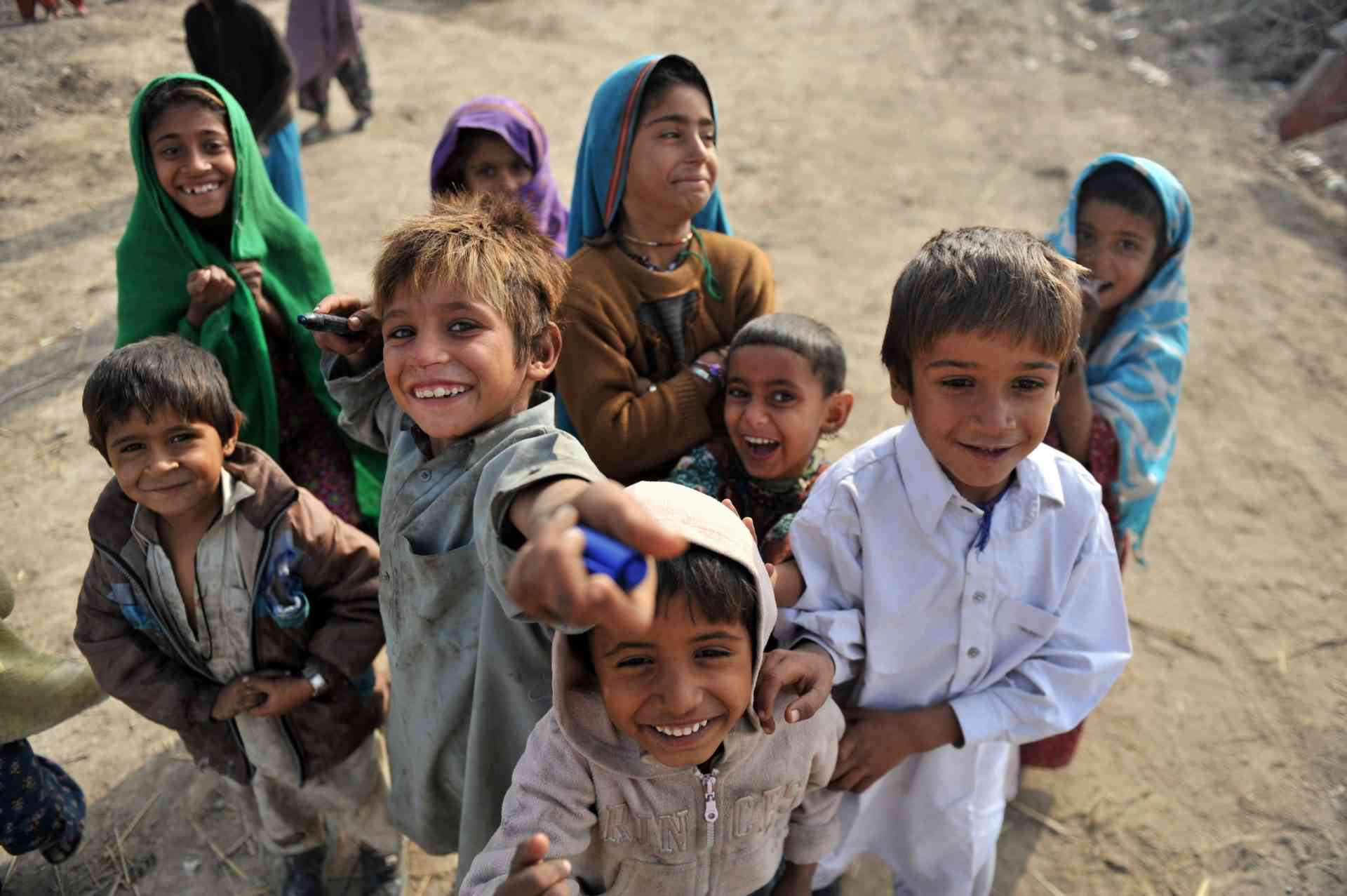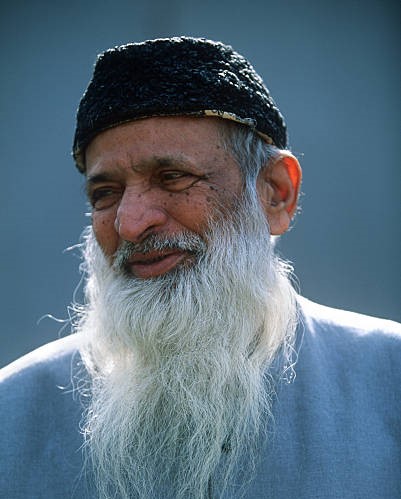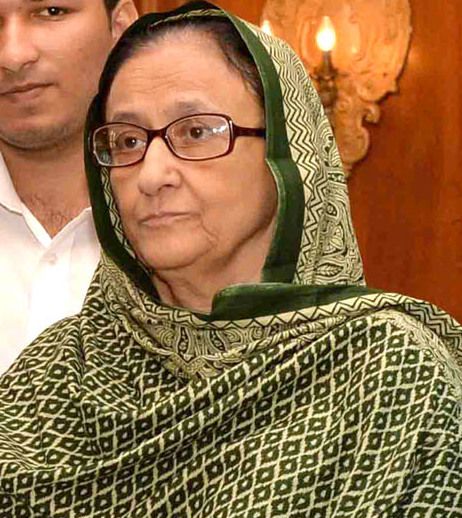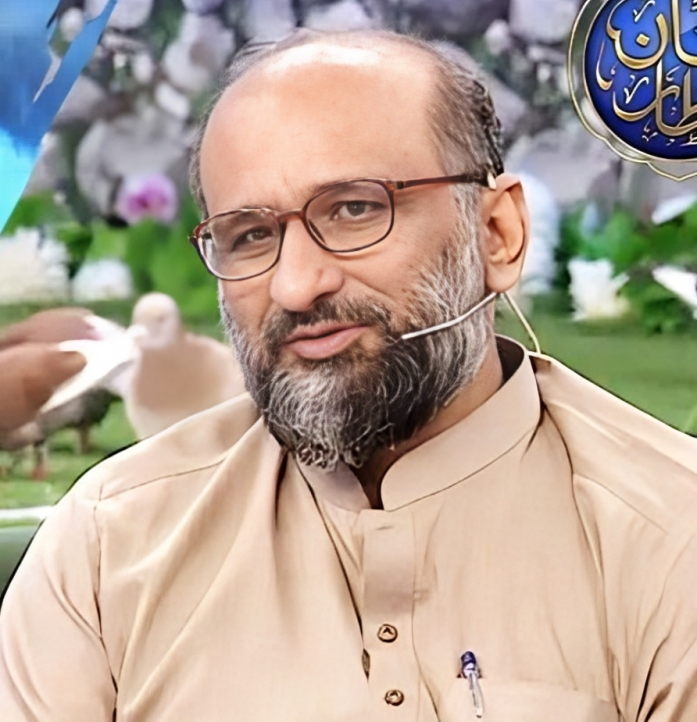Fidya and Fitrana
Join Edhi Foundation's Fidya and Fitrana Program to extend compassion and support to those in need during Ramadan.
What Is Fidya and Fitrana?
Fidya and Fitrana are charitable contributions made during Ramadan by Muslims who are unable to fast due to illness, pregnancy, or other reasons. Fidya is a form of compensation for missed fasts, while Fitrana is a donation given before Eid al-Fitr to help the less fortunate celebrate the festival. These contributions aim to fulfill religious obligations and support those in need during the holy month.
Fidya is paid for each missed fast and typically involves providing food for those in need, while Fitrana is a donation given before Eid al-Fitr.
Both Fidya and Fitrana serve as acts of charity and gratitude, ensuring that everyone can participate in the blessings of Ramadan.

Significance of Contributing to Fidya and Fitrana
Contributing to Fidya and Fitrana programs is vital for fulfilling religious obligations and supporting the less fortunate during Ramadan.
When you give Fidya and Fitrana, you fulfill religious duties by
compensating for missed fasts and aiding those unable to celebrate
Eid al-Fitr. Your generosity ensures that everyone, regardless of
circumstances, can partake in the blessings of Ramadan.
Furthermore, Fidya and Fitrana foster a sense of community and solidarity
among Muslims worldwide. By coming together to support one another, individuals
strengthen bonds of compassion and unity, embodying the spirit of Ramadan.
Giving Fidya and Fitrana also cultivates gratitude and humility within
individuals. Through charitable acts, Muslims express thankfulness for
their blessings and acknowledge their responsibility to help those less
fortunate
The Prophet (saw) said that “The Believers Shade On The Day Of Resurrection Will Be His Sadqa” (Hadith Tirmidhi)
Moreover, contributing to Fidya and Fitrana programs offers immense
spiritual rewards. According to Islamic teachings, acts of charity
during Ramadan are multiplied manifold, leading to increased
blessings and forgiveness from Allah.
In conclusion, giving Fidya and Fitrana is not only a religious obligation
but also a means of expressing compassion, fostering community, cultivating
gratitude, and earning spiritual rewards during the sacred month of Ramadan.
Steps for Giving Fidya and Fitrana
Ensure timely calculation and donation of Fidya for missed fasts and Fitrana before Eid al-Fitr to support those in need during Ramadan. .
ContributeFidya
Give Fidya by providing food or its equivalent value to those in need for each missed fast, exemplifying the spirit of compassion and solidarity.
Calculate Fitrana
Calculate Fitrana as a set amount per person in the household to be given before Eid al-Fitr, recognizing the collective responsibility of supporting the less fortunate.
Make the Donation
Donate the calculated amount for Fidya and Fitrana to trusted organizations or directly to the needy, ensuring the funds reach those who need it most.
Ensure Timely Giving
Ensure Fidya and Fitrana donations are given before the end of Ramadan to fulfill religious obligations, contributing to the welfare of the community in a timely manner.
Spread the Word
Encourage others to participate in Fidya and Fitrana programs, spreading the blessings of Ramadan to those in need, and creating a ripple effect of kindness and generosity in the community.

Abdul Sattar Edhi Humanitarian Legend
Born in 1928 in the small village of Bantva near Joona Garh, Gujrat (India), Abdul Sattar Edhi's journey of compassion began with the seeds planted in his soul during his mother's illness. At the age of eleven, when his mother became paralyzed and later suffered from mental illness, Edhi devoted himself to her care.
He undertook the responsibilities of cleaning, bathing, changing clothes, and feeding her. Despite his efforts, the battle against the disease proved to be challenging, and his mother's helplessness grew over the years. This early experience shaped Edhi's lifelong commitment to alleviating the suffering of humanity.

Abdul Sattar Edhi Humanitarian Legend
Born in 1928 in the small village of Bantva near Joona Garh, Gujrat (India), Abdul Sattar Edhi's journey of compassion began with the seeds planted in his soul during his mother's illness. At the age of eleven, when his mother became paralyzed and later suffered from mental illness, Edhi devoted himself to her care.
He undertook the responsibilities of cleaning, bathing, changing clothes, and feeding her. Despite his efforts, the battle against the disease proved to be challenging, and his mother's helplessness grew over the years. This early experience shaped Edhi's lifelong commitment to alleviating the suffering of humanity.
Frequently Asked Questions
Explore our FAQs for clear insights on giving, eligibility, and the
positive impact
your contribution can make in transforming lives.
-
How does Edhi Foundation administer the Fidya program?
Edhi Foundation collects donations from individuals intending to fulfill their Fidya obligation. These donations are used to provide food to those in need, ensuring they receive sustenance during Ramadan.
-
Who is eligible to receive Fidya assistance from Edhi Foundation?
Edhi Foundation distributes Fidya assistance to individuals and families facing economic hardship, ensuring that they have access to food during Ramadan and can observe the month with dignity.
-
How does Edhi Foundation administer the Fitrana program?
Edhi Foundation collects Fitrana donations from Muslims intending to fulfill their obligation before Eid prayer. These donations are used to provide food to disadvantaged individuals and families, allowing them to celebrate Eid with joy and dignity.
-
Can individuals donate Fidya or Fitrana to Edhi Foundation online?
Yes, Edhi Foundation provides online platforms for individuals to donate Fidya or Fitrana conveniently. Donors can visit the official website or use designated online donation portals to contribute to these programs.



